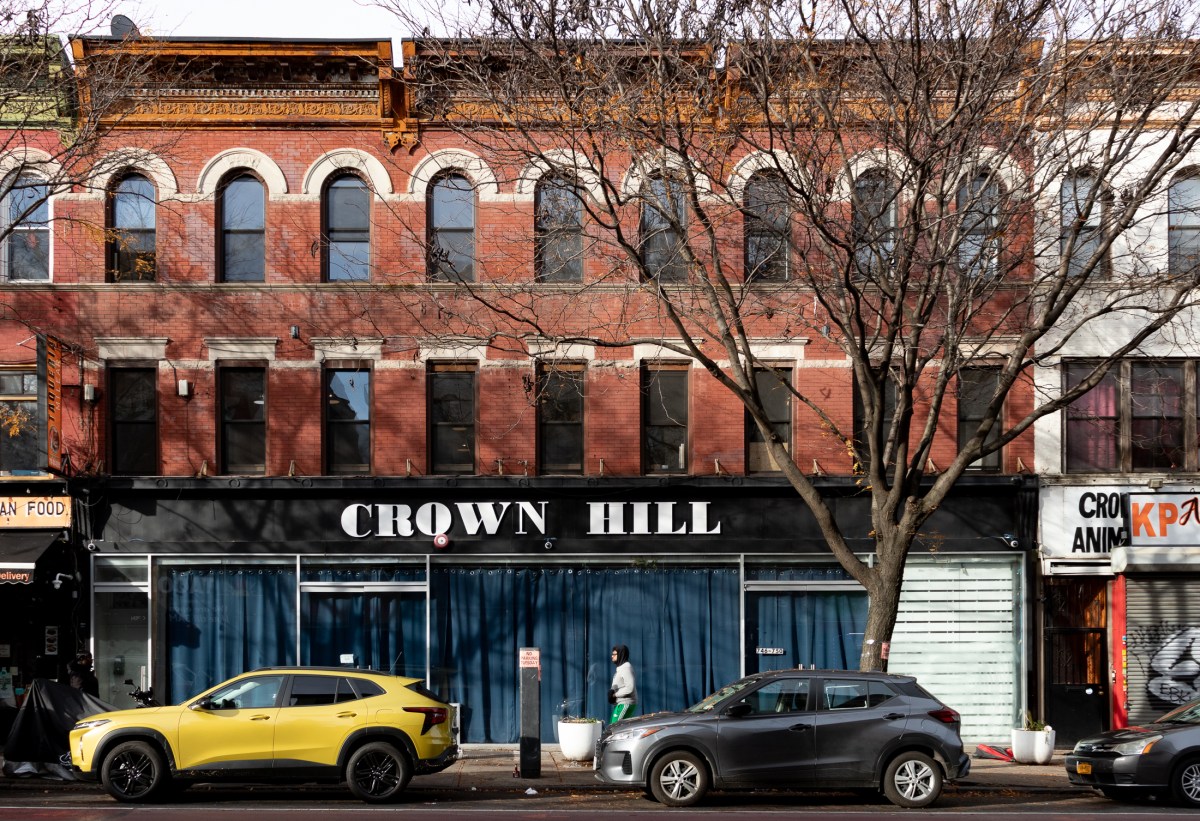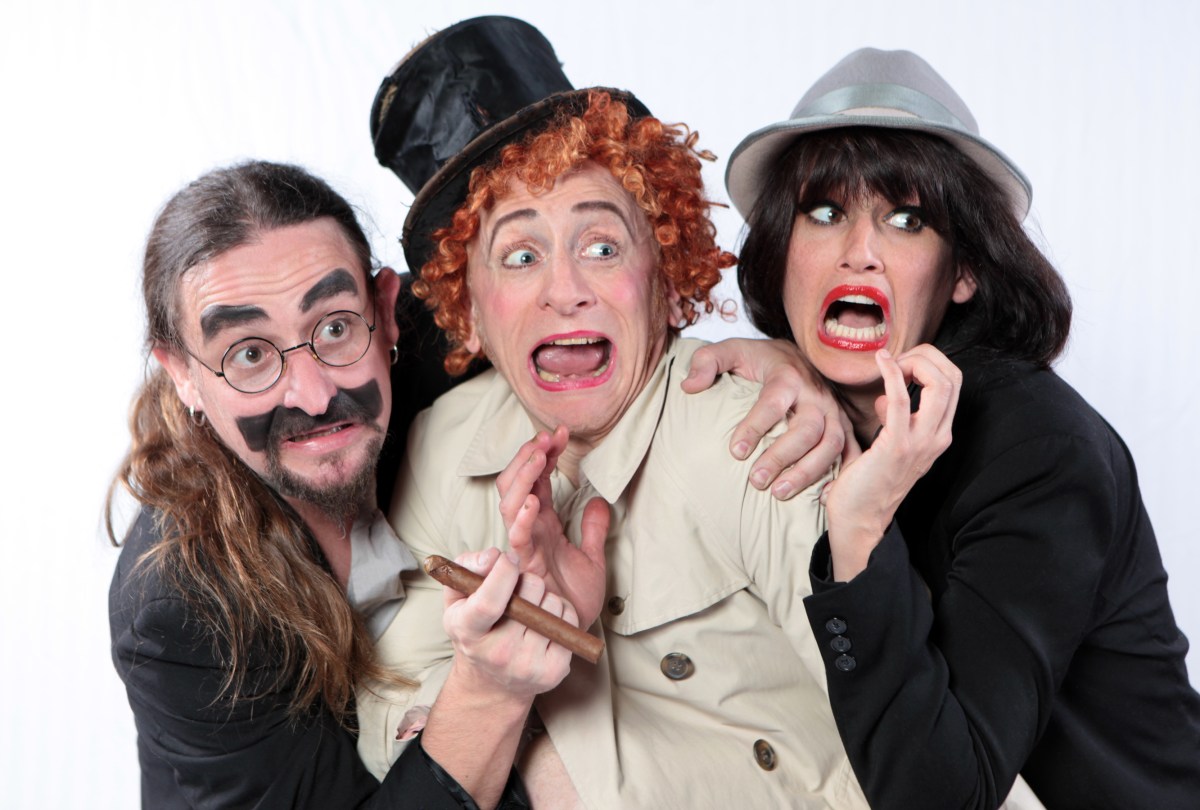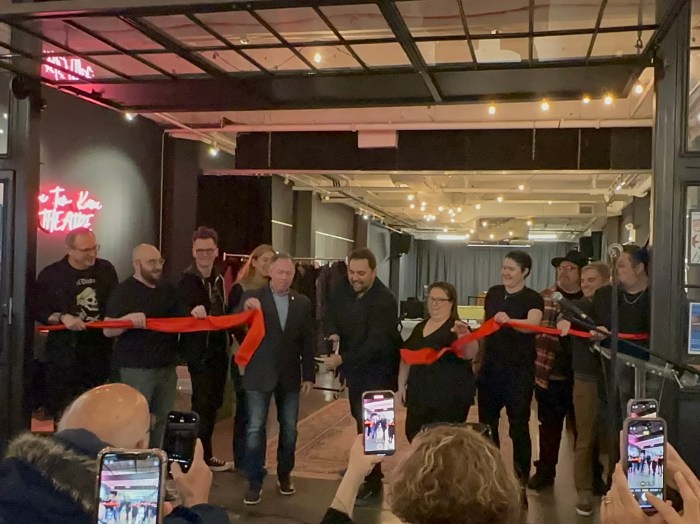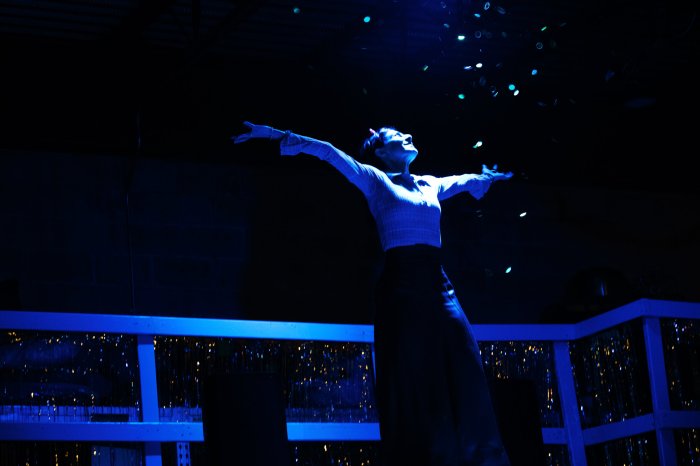A new theater will be opening its doors this week in the venue where The Black Lady Theatre formerly operated on Nostrand Avenue in Crown Heights. The Crown Hill Theater, which will officially open with a ribbon-cutting ceremony on Dec. 5, is the creation of Paul Tulloch, the founder of the Fort Greene Fest.
The theater, at 750 Nostrand Ave., will host private events, live music, education, music and video production, and co-working, according to its website. Tulloch, a professional musician, has experience in the creative sector, having run the Fort Greene Fest for five years from 2006 to 2011.
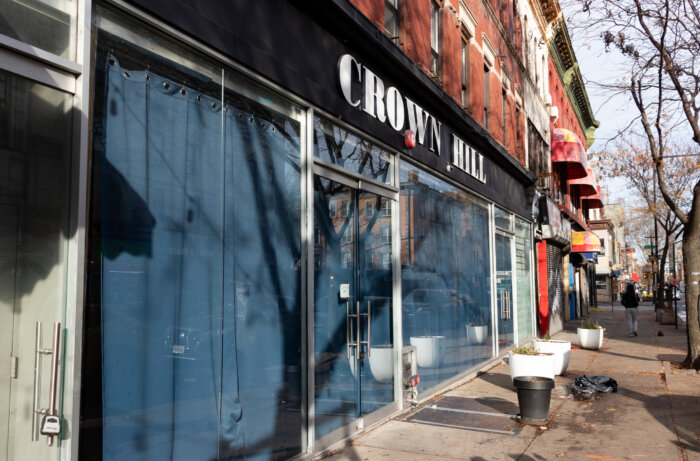
According to a press release, Tulloch is also the founder of Crown Hill EMT, a nonprofit that will teach young people aged 18 to 24 entertainment and media skills such as sound engineering and film production.
“I have had a lot of amazing experiences as a musician and entrepreneur and I wanted to create a space where the younger generation can learn and thrive in all the ways I did and more,” Tulloch said in the press release.
The circa-1900 building was developed by Otto Singer, and by the time of its 1939/40 tax photo housed a Woolworths. By the 1980s, it was home to The Black Lady Theatre, which has a long and complicated history. Founded by Judge John L. Phillips after he purchased the building, The Black Lady Theatre, along with sister site The Slave Theater in Bed-Stuy and others, was a hub of Afro-Centrism in the 1980s and ’90s. Both venues were known for their murals of Black leaders in their lobbies and auditoriums.
Following Phillips’ death in 2008, The Slave Theater and The Black Lady Theatre have been at the center of an ownership struggle, with the late Clarence Hardy, who died in 2022, and his son Omar fighting for the ownership of both buildings. The Hardys have argued that Phillips intended for them to take ownership of both venues and keep them running, although the deeds to the properties were never transferred to the Hardys. Despite their best efforts to preserve The Slave Theater and community protests over its fate, the building was sold and demolished.
Meanwhile, after The Black Lady Theatre had been shuttered for years, the Hardys reopened it in 2017 and kept events running in person until it was closed by the pandemic.
At the end of 2019, the Hardys were named as tenants in an eviction warrant served on the theater after it was purchased at a 2019 foreclosure auction. 750 Nostrand 123 LLC, whose sole member is developer Mendel Gold, purchased the building at the auction for $3.54 million. In August this year, 750 Nostrand 123 LLC transferred the deed to 750 Realty Holdings LLC with signatory Menashe Horowitz for $0.
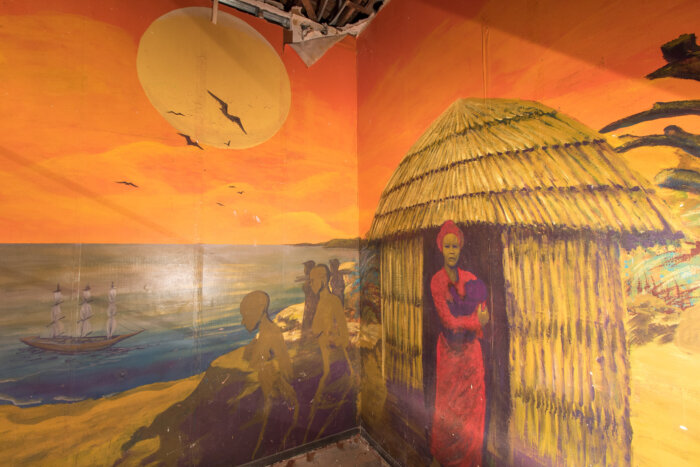
Omar Hardy has continued running activities and events for The Black Lady Theatre despite being evicted from the building, and members of the community have come to his support with fundraising and other efforts.
In a video he recently posted to The Black Lady Theatre’s Instagram, Hardy says anyone who leases the space “will be considered a fruit of the poisonous tree.” The popular Fort Greene Fest had a brush with controversy in 2011 when a mother alleged Tulloch cheated her out of $1,000 raised for a scholarship via the Fort Greene Fest.
In the press release, Tulloch said the new Crown Hill Theater wouldn’t have been possible without public and private support, including that of the city’s Department of Youth & Community Development and the Department of Cultural Affairs, as well as the Brooklyn Chamber of Commerce.
A version of this story first appeared on Brooklyn Paper’s sister site Brownstoner.


